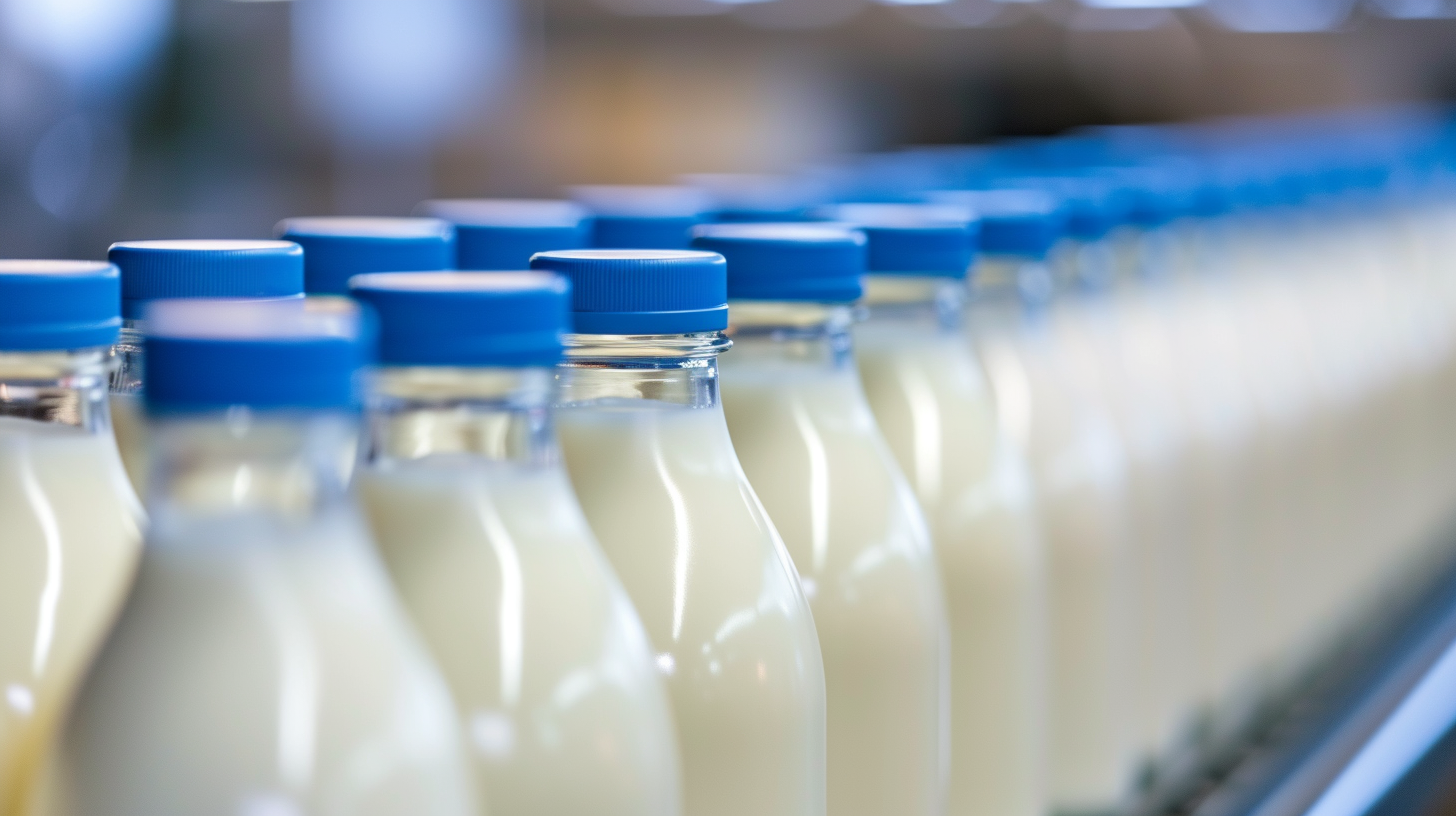In the latest episode of “What’s Sacred Anymore?” Thailand’s corrupt are at it again, and this time they’re dipping their greedy fingers into the school milk pot. Yes, you heard it right. The very milk intended to fortify our future leaders and sports stars has been hit by the scandal stick. According to the buzz from the Food and Drug Administration (FDA), this milk isn’t just subpar; it’s a front-row ticket to the “Nope, Not Drinking That” show, as performed by Bangkok’s discerning young scholars.
In a plot twist that surprises exactly no one, there’s chatter about jazzing up the milk menu with flavors that could charm the taste buds of the kiddos. But hold your cows, folks. This idea might just be swapping one dietary demon for another, thanks to a carnival of e-numbers and colorings that come with flavored milk.
And just when you thought the culinary crimes couldn’t deepen, we’re still burping up the memory of the rotten canned fish saga that recently graced our plates. It’s another blot on the Abhisit government’s already Pollock-esque anti-corruption canvas, which seems to be more talk than action, especially in the face of these milky misdemeanors.
As the media milkshake continues to churn, one can’t help but yearn for a day when the only drama in dairy is whether to choose skim or whole. Until then, may justice be served cold (and hopefully more palatable) to those serving our kids anything less, perhaps with a side of poetic justice: a mandatory goat-milking internship for the offenders.
Nationwide Probe into School Milk Supply Scandal Initiated by Anti-Graft Agency
The Office of the Public Sector Anti-Corruption Commission (PACC) is set to conduct a comprehensive investigation into the school milk supply chain across Thailand. This decision comes after initial findings in Chumphon raised alarms about potential price collusion among suppliers.
Tharit Pengdit, the secretary-general of the PACC, highlighted the irregularities discovered during the examination of the milk supplier selection process in Chumphon. Among 18 qualified suppliers, only two submitted bids, with one quoting an exorbitantly high price and the other, which eventually secured the contract, offering a median price. Further scrutiny revealed that both suppliers were under the same ownership, sparking concerns over price fixing.
Pengdit stated, “The PACC is prepared to launch an investigation into the bidding process for the school milk scheme nationally, selecting schools at random to get an overview of the situation.”
The controversy first emerged following complaints from the director of Pak Lek School in Chumphon’s Phato district regarding the substandard quality of milk being distributed to students. Laboratory tests conducted by the Food and Drug Administration (FDA) on the milk samples found a fat content of only 2.6%, falling short of the FDA’s minimum requirement of 3.2%.
This incident has fueled speculation about corruption within the school milk project, which is overseen by local administrative organizations mandated to purchase pasteurized milk from suppliers designated by the National Dairy Committee and the Interior Ministry’s Provincial Administration Department. The restriction of purchases to suppliers within specific zones is now under scrutiny for potentially facilitating collusion.
Deputy Interior Minister Boonjong Wongtrairat expressed openness to revising the bidding regulations to enhance supplier competition and encouraged local bodies to propose changes to the National Dairy Committee.
Amidst the scandal, the Dairy Farming Promotion Organisation of Thailand (DPO), known for its Thai-Danish milk brand, has appealed to the government for assistance in offloading its surplus UHT milk inventory, valued at 200 million baht, to prevent financial losses.
The DPO, tasked with purchasing excess raw milk from farmers, faces challenges due to an oversupply exacerbated by imports of cheaper milk powder and increased milk production due to colder weather.
Chantana Ungchusak, leading a campaign to reduce sugar intake among children, has voiced opposition to replacing unsweetened with flavored milk in schools, attributing the issue to the production of substandard milk rather than children’s preferences.
The PACC’s nationwide investigation aims to uncover the extent of the issues within the school milk program and ensure accountability for those involved in compromising the quality and integrity of milk supplied to students.



